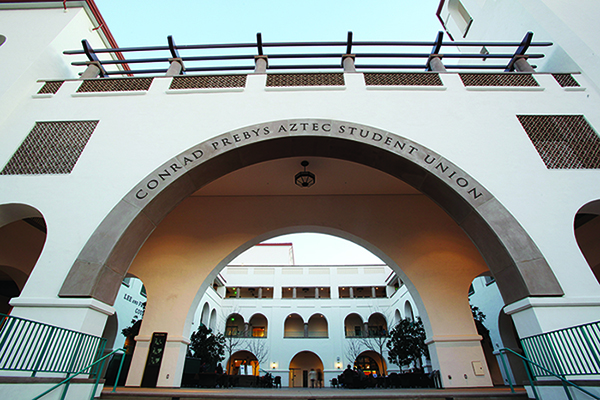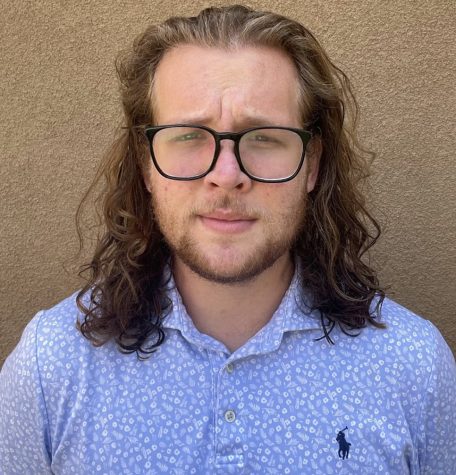One in 10 California State University students is experiencing homelessness.
San Diego State researchers and staff are working to find ways to help reduce this problem.
SDSU and Home Start Inc. are in collaboration to provide hotel rooms in La Mesa to students in need of transitional housing. This effort comes from the university’s Rapid Re-Housing Program.
This program aims to help students struggling with housing instability, homelessness, pre-homelessness or tenuous living situations. The Economic Crisis Response Team (ECRT) helps students in those situations find a better stable housing alternative.
The ECRT is allocated funds to carry out its rapid rehousing program by California State University.
“We have these funds that are dedicated to the RRH, which is for students who are the most vulnerable,” said Keiara Allen, the Housing Stability Coordinator on the ECRT. “These are students who are currently in a houselessness or homeless situation, living off the streets, living in a car, living in a shelter, living in hotels, couch surfing. These funds are for these students.”
Allen said she believes having a stable living environment is “the most integral part to achieving academic success. Without a stable place to live, you are constantly in that fight or flight mode. You are constantly trying to figure out where you are going to lay your head and what you’re going to eat.”
Many factors can lead to homelessness, one of them being food insecurity.
“As many as 12-59% of college students are food insecure,” according to Casey J. Roulette, Ph.D., in a published report called Food Insecurity, Housing, and Mental Distress Among Economically-Vulnerable SDSU Students.
The Social and Economic Vulnerabilities Initiative (SEVI) conducted this research on homelessness and factors leading to homelessness.
SEVI is an initiative at SDSU to bring together professors of different disciplines to study the issue of homelessness together.
“Imagine you are food insecure, and you don’t have enough resources, and your friends are asking you to go out, and you have to say no all the time. That puts a strain on your personal relationships with your friend,” said Mounah Abdel-Samad, Ph.D., the Director of SEVI.
Abdel-Samad said he believes assistance for factors leading to homelessness is one of the best ways to prevent homelessness.
“The key here is how can we do preventative measures to keep people where they are so that they don’t fall into unsheltered homelessness,” Abdel-Samad said. “If we don’t provide some form of assistance to people who are most vulnerable to falling into homelessness, then we are in trouble.”
Allen believes one way to combat homelessness at SDSU is to reduce the stigma surrounding homelessness.
“It’s really important that we as a community destigmatize what housing insecurity is. It’s not just living on the streets,” said Allen. “Destigmatizing it as a whole so students are coming forth and sharing that they are in this situation and getting the help that they need.”
Abdel-Samad believes de-stigmatization is essential to successfully reach out to those in need.
“First we must reduce the stigma, by reducing the stigma people will feel more at ease to share,” said Abdel-Samad.”By acknowledging that this exists, that there are individuals struggling, we can create access to services that are important and easy to access.”
To request assistance for Financial Assistance, Housing Support, Food Resources, Employment Resources, Technology Support or Mental Health Support go to the ECRT Website.
“We all might go through a vulnerable situation, so we all must work together to get out of that situation and excel,” said Abdel-Samad.










